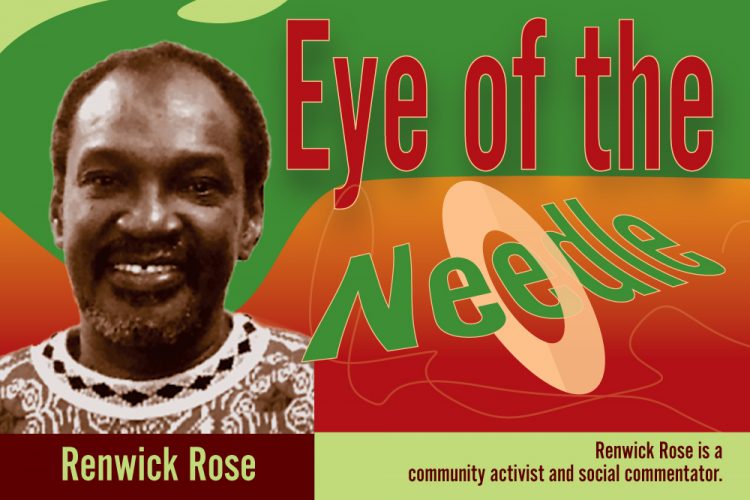No longer ‘discovered’

January 22nd passed uneventfully in St Vincent and the Grenadines as many others before it, with many Vincentians praying for the “end ah month” to come to relieve them of their hardships occasioned by excess Christmas spending.
But up until just over two decades ago, we had the experience of the most penniless holiday of the year.
January 22 in those times was a public holiday. For what reason? the younger folk may ask. Well, the people who had colonized this country had decided that the indigenous people who inhabited here, the Kalinago, did not really have any existence worthy of note before the coming of European settlers. They traced their limited knowledge back to the voyages of an Italian seafarer, Cristoforo Colombo, Christopher Columbus in English, who had lost his way in an attempt to reach the Far East. He had thus erroneously thought that he had arrived there, and the conclusion was drawn that the Europeans had “discovered” a new continent. It mattered not that they found people living on these islands, from henceforth, the history of the Caribbean would begin with the voyages of Columbus.
So, when we studied history in school, the first thing we learnt was that “Christopher Columbus discovered St. Vincent on January 22, 1498”. But there was a problem, for Columbus on his third voyage never left Spain before May 30, 1498. So, we were being forced to live an historical lie, celebrating our supposed “discovery” and then having it all wrong where dates were concerned.
But colonial society in its insistence that nothing existed before the European coming, persisted with the January 22 farce. So successful were they that even when the historical truths were laid bare and scholars pointed out the absurdity of the “discovery” of peoples, among our own people there was strong objection when it was first proposed that the January 22nd holiday be removed from the calendar.
It took years of agitation and lobbying with groups like the Democratic Freedom Movement, (special mention to the late Eddy Griffith and Dr. Kenneth John), the various Black Power organizations which merged to form YULIMO, intellectuals at home (Dr. Adrian Fraser) and abroad among them the first Vincentian to play Test cricket for the West Indies, the late Alfie Roberts, and above all the National Youth Council, which persisted with the demand, before this blot on our history could be removed.
Even then, the Vincentian establishment and those strongly influenced by colonialism, while forced to accept the historical fallacy, persisted with efforts to maintain the “discovery” myth. January 22 as a public holiday remained on the calendar almost to the end of the last century. Though there were no official functions, sporting bodies organized events such as popular road races and local people did what they do on other public holidays- picnics on the beach, fetes, parties etc.
Yet such was the strength of the anti-colonial sentiment, that even the Prime Minister of the time, the late Sir James Mitchell had to make a concession, keeping the “discovery day” holiday under the pretense of January 22 becoming “National Day”. What could be “national’ about such a day of shame being a “National day” is beyond understanding!
Fortunately, the national movement firmly rejected the attempt and forced Mitchell’s administration in its last days, then headed by his successor, Arnhim Eustace, to recognize March 14, the date when the indigenous leader Paramount Chief Chatoyer was killed, as National Heroes Day. It became a public holiday for the first time in 2002 after the Unity Labour Party administration took office in 2001.
To most of the younger people, the March 14 holiday is taken for granted, as are historic days like Independence and Emancipation Day. But it is important to remind them of these struggles, that you cannot “discover” a people or place and that our history, especially that of our indigenous people must be respected.
We are not alone in this. All over the world, peoples who were once colonized, suffered genocide and slavery and the denigration of their culture are determined to end the vestiges of colonialism. Throughout the Americas, in Africa, and Asia, the flag of decolonization continues to be flown. Even on Monday of this week, the indigenous Aboriginal people of Australia repeated their demand for an end to the January 26 holiday, called Australia Day. It was the day on which 11 British ships brought the first prisoners from Britain who started the colonization process.
No more “discovery”, the time has come for reparations.
Renwick Rose is a community activist and social commentator.











